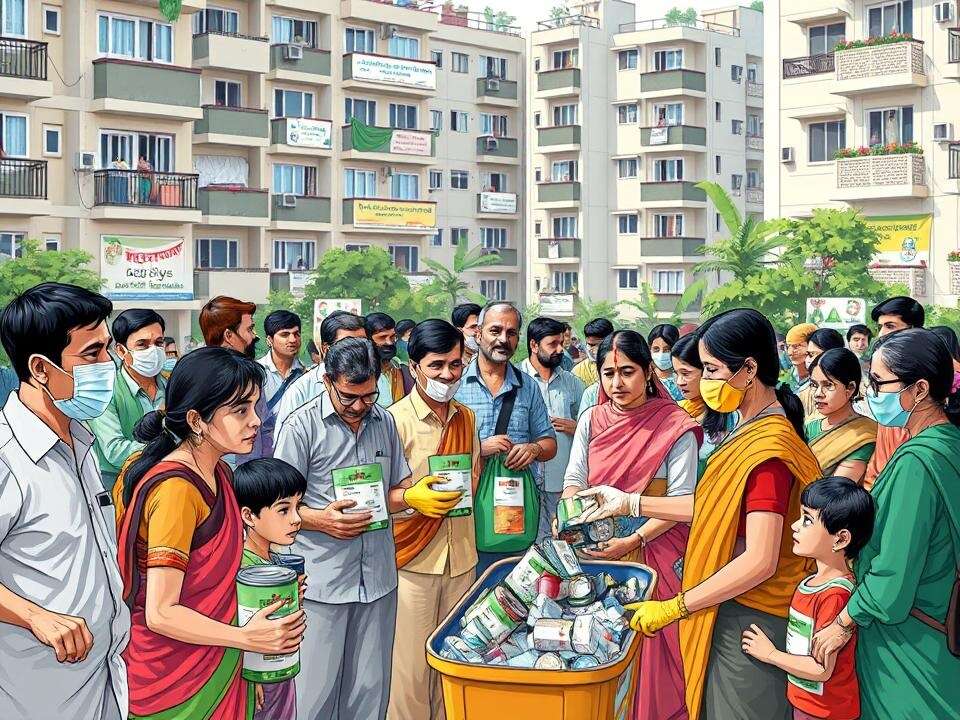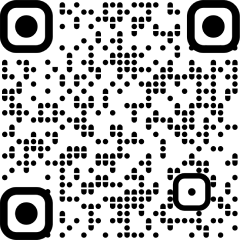
MUMBAI: Two months after the BMC launched a specialized campaign to collect domestic hazardous waste, nearly 2,000 entities—including housing societies, women’s hostels, beauty parlours, and educational institutions—have enrolled in the program.
On average, 1.7 tonnes of hazardous waste is collected daily and delivered to six plasma incineration facilities under BMC’s administration for safe and scientific disposal. This waste includes adult diapers, sanitary products, pet waste, expired medications, used waxing sheets, PPE kits, and facial masks.
Currently, Mumbai generates approximately 80 to 100 tonnes of domestic hazardous waste each day. Although only a small portion is being collected separately at this time, municipal officials view this as a promising start. Additional Municipal Commissioner Dr. Ashwini Joshi stated, “The initiative has received a positive response, and we are conducting regular information, education, and communication (IEC) activities at the ward level to raise awareness. Furthermore, we are planning to revamp our dry waste centers to manage all waste categories more effectively.”
An official noted that improper disposal of hazardous waste compromises the composting of organic waste and contaminates dry waste streams. According to civic data, the 1,919 registrations include 1,140 housing societies, 677 beauty parlours, 75 educational institutions, and 27 women’s hostels, impacting around 450,000 citizens.
To streamline the collection process, BMC has introduced a QR code-based self-registration system. Registered participants receive yellow bags for safe and hygienic disposal, and daily pickup services have been implemented for efficient waste collection. Dr. Lata Ghanshamnani, co-founder of the NGO Rnisarg Foundation, which collaborates with BMC on IEC initiatives, stated that BMC’s plasma facilities have the capacity to process 40 metric tonnes of waste daily. However, they are currently only receiving 20 tonnes, which is just 50% of capacity.
BMC’s analysis indicates that achieving the goal of collecting 20 tonnes of domestic hazardous waste daily will require 80% participation from key contributors. This includes around 400,000 households needed to provide 20 tonnes (up from the current 100,000 households producing 5 tonnes) and approximately 5,000 beauty parlours that could supply an additional 10 tonnes (as opposed to the current 1,000 parlours contributing just 2 tonnes).
“Our initial outreach efforts have focused on beauty parlours, housing societies, and educational institutions. We found that beauty parlours generate a significant amount of this type of waste and tend to segregate it more effectively,” Dr. Lata added.




